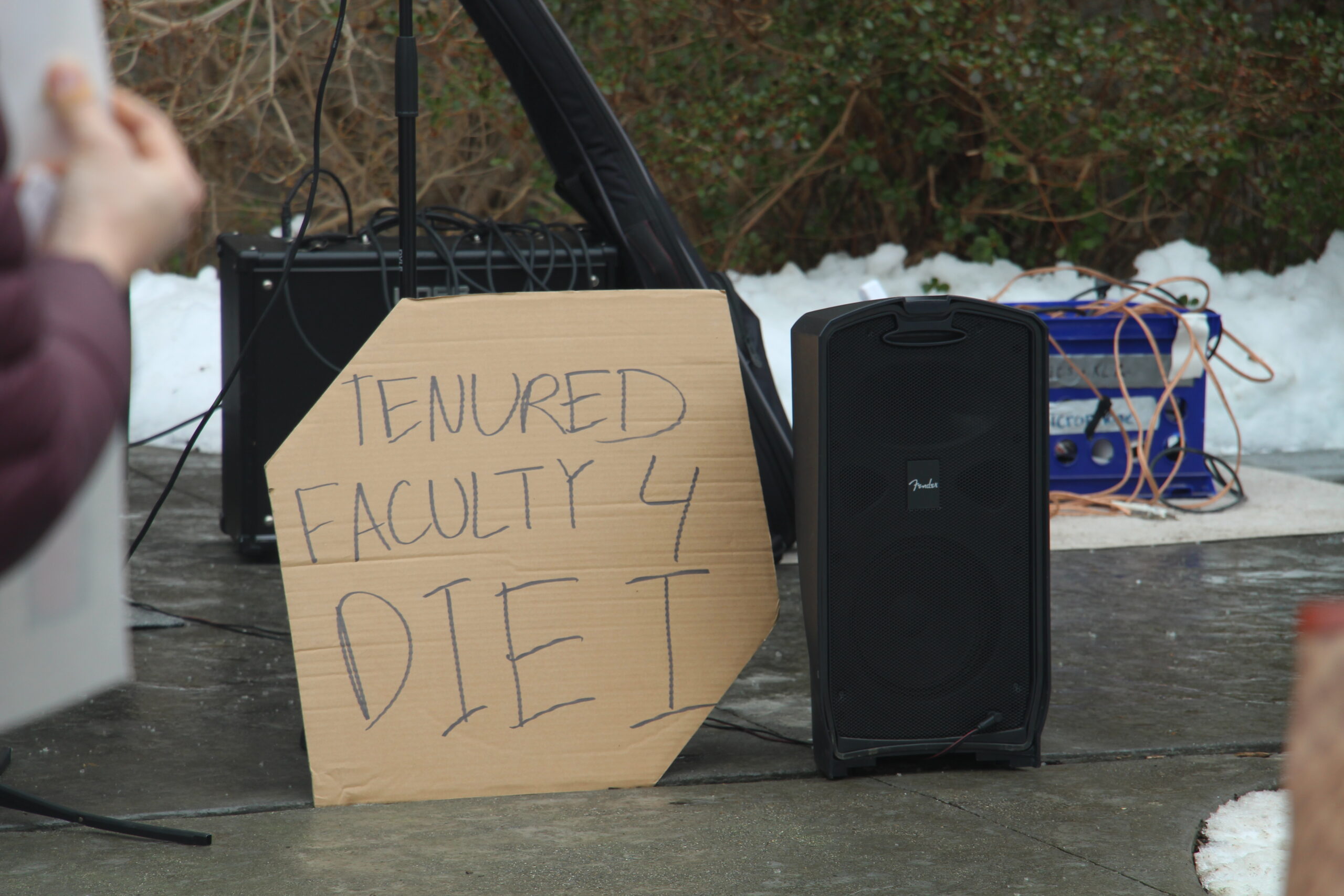Courtesy of Pexels
Connecticut College welcomed it’s incoming class with a summer reading of Being Heumann, an Unrepentant Memoir of a Disability Rights Activist; a convocation speech by President Katherine Bergeron, who praised the book and highlighted its messages of inclusion; and a big whiteboard in Cummings Arts Center that announced the elevator was broken (“sorry!”).
Being Heumann is the memoir of Judith Heumann, a badass wheelchair-riding woman, disabled by polio as a young child, who has devoted her life to disability rights activism. It tells the story of the tireless hours she and a vast network of activists put into passing monumental legislation such as Section 504 and the Americans with Disabilities Act. But first, it tells the story of her fight to be included in institutions of education.
This fight began when Heumann’s mother attempted to enroll her in kindergarten and the principal labeled her a “fire hazard.” It took years for a school to accept her and, when one finally did, she and the other disabled students were hidden away in a self-contained classroom in the basement. The educational experience they were offered was far inferior to that of “the kids upstairs.” By the time she reached ninth grade, the advocacy of her mother and other vocal parents had resulted in a handful of mainstream high schools being opened to wheelchair-users, but Heumann’s reliance on favors to get from class to class made it evident that her access needs were an afterthought – that she didn’t belong.
Never was this message so excruciatingly clear as during graduation, where she was supposed to receive a hard-earned reward on stage. The stage had no ramp. This was not an issue that was new to Heumann – or her father, who pulled her up the stairs – but it was exacerbated when the principal hid her behind the other students.
Whether from a basement or the back of a stage, Heumann was constantly confronted with institutions that wanted her to be invisible.
These were not isolated situations, but rather pieces of a larger system of ableism. As Heumann explains, “Until institutions were forced to accommodate us we would remain locked out and invisible—and as long as we were locked out and invisible, no one would see our true force and would dismiss us.” Exclusion in all its forms – from blatant structural inaccessibility to dismissive comments (“oh, you’re fine”) to off-hand assumptions based on neurotypical able-bodied norms – both perpetuates and feeds off of invisibility, creating a vicious cycle that, by its nature, tends to go unspoken.
Connecticut College may not be denying students on the grounds of fire safety, but it is worth wondering who isn’t seen on campus; it is worth seeking out voices that haven’t found a platform. (And there is an important distinction here: The goal is not to become a “voice for the voiceless,” but to elevate the voices that everyone has.)
Heumann attended college, attained the credentials required to become a teacher and then was denied her teaching license due to a discriminatory medical evaluation. Her response to this discrimination was to start a media campaign, actively combating the invisibility imposed upon her. It worked. She recounts, “People started stopping me on the street to encourage me and share their experiences.” The world was desperate for disabled stories.
A successful lawsuit followed, granting Heumann her teaching license, and from there her activism only grew stronger. Her community organizing and policy work established her as a leader of the disability rights movement, and Being Heumann solidified her “unrepentant” visibility.
This upcoming Thursday, September 22, at 7pm, Heumann will be visiting Connecticut College to give a talk in Palmer Auditorium. She has made her way from the back of the stage to the spotlight. And Conn is eager to give her the mic.
But if Huemann were a student, a professor, or a member of staff, would she be welcomed with such enthusiasm? Would her voice be celebrated?
If Conn made up a chapter in her memoir, what would that chapter say?
Taking this out of the hypothetical: What are the experiences of disabled students, staff, and faculty on campus? What might make Connecticut College a more inclusive place?
How would you answer these questions?
If you have a story or perspective you want to share, fill out this form and we’ll be in contact with you – no commitments attached. And let’s hope next year’s freshmen are welcomed with less pretense and more functional elevators.











